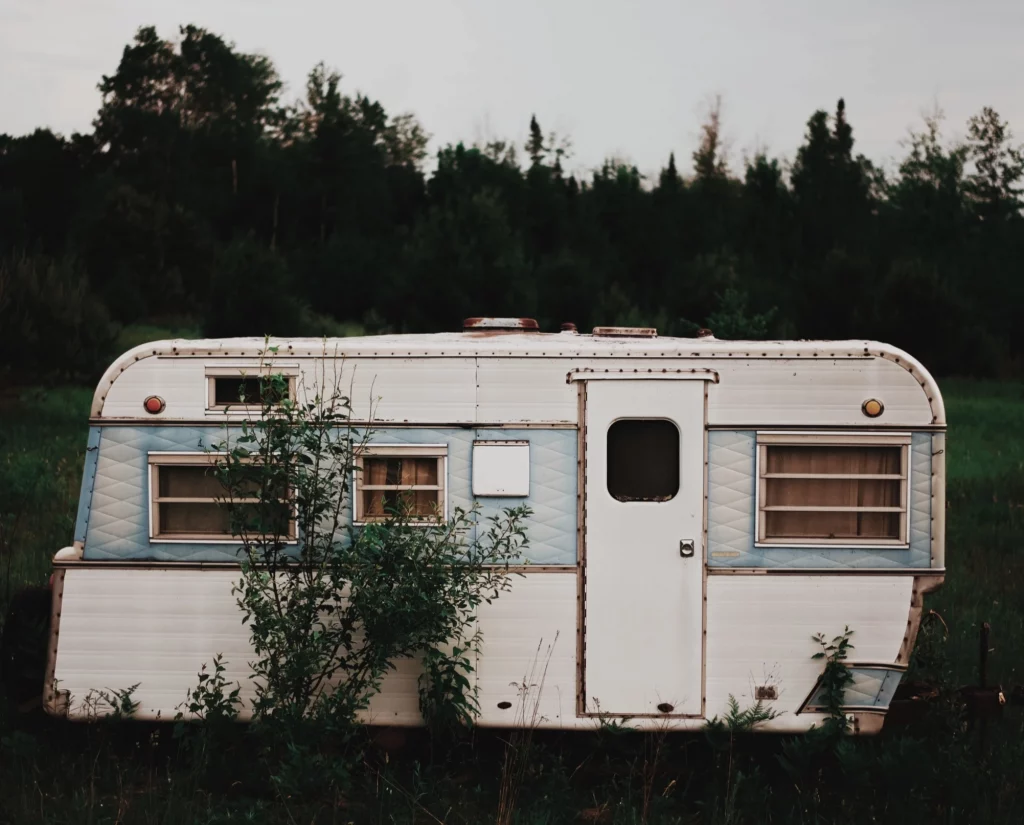New to Seasonal camping? Print out this checklist

Weekly RV Maintenance Tips
Turn off water – If you are a weekender. When you leave turn off your water to help save the campground if you have a dripping faucet, and more importantly prevent any major damages should you spring a leak.
Weather preparedness – during peak storm seasons, make sure all of your property is secure when you leave your seasonal camper for the workweek. This will both save you month and protect neighbors should bad weather pop up.
Monthly RV Maintenance Tips
Top Off Batteries – Be sure to use only distilled water if you plan to top off your batteries’ water levels. The minerals in tap water can diminish their life span.
Clean The A/C – Get the most of out your unit’s climate-control capabilities by vacuuming and cleaning vents.
Test Safety Equipment – It’s always a good idea to make sure your smoke, carbon monoxide, and other battery-powered detectors or safety equipment are working properly each month.
Keep Pests Out – Keep uninvited guests out by checking under the rig for any abrading, working loose, cracked insulation or rodent access points—all they need is about ¼ inch to get in.
Care For Slideouts – If you’re traveling in a unit with slide-outs, lightly re-lubricate the mechanism to help them move in and out smoothly and protect against rust or corrosion. There are also dedicated sprays to help easily reinforce the seals if needed.
Check Your Seals – Take a look at exterior sealants and re-seal any voids, cracks or separation. We have more tips on keeping your RV properly sealed, too.
Seasonal RV Maintenance Tips
Install Surge Protectors – When hooking up your electric consider adding surge protector at the service meter to protect any inadvertent electrical surges. Some manufacturers require this for warranties.
Hard Plumb Wastewater – As a seasonal camper don’t rely on the flimsy wastewater lines. Instead, install hard PVC (usually 3 inches) so you have straight runs from your camper wastewater to the septic system. Who wants stinky water sitting in your kinked waste lines? Understand your wastewater system.
Deep Clean – If you winterize or store your RV long term, it’s smart to perform a thorough interior cleaning once or twice a season. A little moisture or gummy bear behind the couch can turn into bigger issues if not addressed, so check out these tips on cleaning your RV’s interior.
Inspect For Damage – Periodically inspect your RV for damage, even if it’s stored. Look for any potential entry points for rodents, birds or insects and ensure they’re sealed to prevent any harm.
Wax On – Keep your rig looking shiny and new by waxing the exterior. If you plan to do it yourself, then definitely check out our tips on how to care for the exterior of your RV.
Filter Your Water – Clean water is essential for you and your family and your RV equipment. While it may not be necessary every month, every 6-8 weeks, pour a half cup of bleach into the freshwater tank, fill, let sit a day and run it through the lines.
Check Your Seals – Moisture is your RV’s nemesis, which is why it’s important to take a closer look at your exterior seals, especially roof seals, every two or three months. Read more about what to look for and how to maintain sealants here.
Yearly RV Maintenance Tips
Keep Track – It’s easy to forget what you do and when, so logging it all helps you know when a certain task is due. If you already own a Jayco, check the back of your Owner’s Manual for a handy form.
Stay Cool – Just like your home, it’s recommended to have your heating and cooling systems professionally tuned up at least once a year.
Test Safety Equipment – Vacuum carbon monoxide and smoke detector covers, wash them with a lightly dampened cloth, dry and test (replace if not functioning as intended). Don’t spray the front panel with cleaning solutions and replace it immediately if you have any issues.
Inspect Your Propane – Regular spot checks for connection integrity, dings, paint damage and rust are a good idea. It’s also wise to have a qualified propane service representative inspect your tank and test for leaks once a year, or every 5,000 miles, whichever comes first.
Check Your Seals – Since seal “lifetimes” and environmental factors vary, it’s recommended to review these and consider resealing the key exterior areas of your RV. We recommend checking out these tips on maintenance for sealants.
